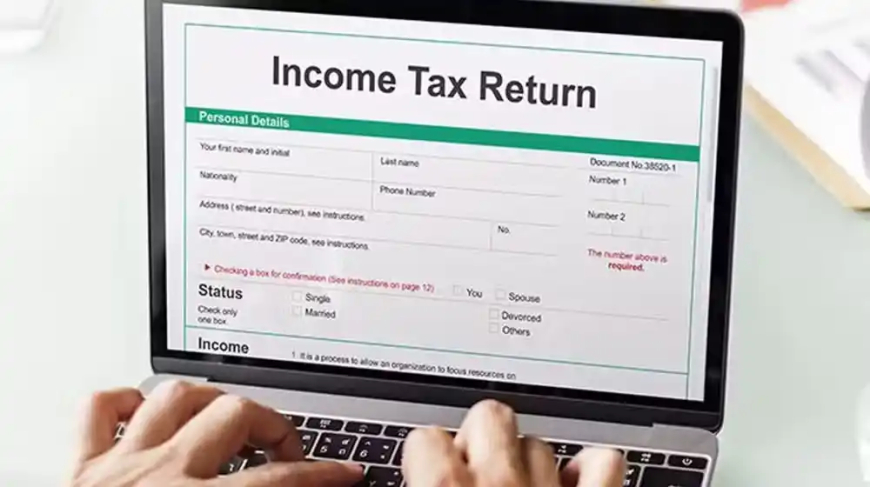FBR Ends Manual Tax Filing: Pakistan Moves Fully to Digital Returns
FBR officially abolishes manual income tax returns, making e-filing mandatory for all taxpayers under SRO 2071(I)/2025. Learn what this means for you.

In a major digital leap for Pakistan’s tax system, the Federal Board of Revenue (FBR) has officially abolished manual income tax returns, making electronic filing mandatory for all individual taxpayers across the country.
This historic move, announced through SRO 2071(I)/2025, marks the beginning of a new era where every taxpayer from salaried individuals to small business owners must now submit their tax returns through FBR’s online IRIS system.
A Step Toward Complete Digitalization
The FBR’s decision is part of its broader effort to streamline Pakistan’s tax collection system and curb the inefficiencies caused by paper-based filings. Officials say the shift will make the process faster, more transparent, and less prone to human error.
A senior FBR official said the authority is “committed to a paperless tax administration where every filing, verification, and refund process happens digitally.”
The new rules amend the Income Tax Rules, 2002, making e-filing the only accepted format. This means taxpayers who previously relied on manual submissions will now have to register and file their returns electronically.
Transition Period and Assistance
To ensure a smooth transition, FBR has instructed Regional Tax Offices (RTOs) to help individuals unfamiliar with the online process. Taxpayers who filed manual returns in the past year or applied for an extension are being granted a short facilitation window to adapt to the new system.
Despite some confusion about the Active Taxpayers List (ATL), FBR clarified that no taxpayer who filed an extension request or valid return has been removed from the list. The board assured that any temporary technical issues in IRIS are being resolved.
Why It Matters
The end of manual filing signals Pakistan’s commitment to digital governance and transparency. By eliminating physical paperwork, FBR aims to:
-
Improve efficiency in tax processing and refunds.
-
Reduce manipulation and filing errors.
-
Encourage greater tax compliance among individuals and businesses.
-
Enhance data accuracy for better policymaking.
Experts believe this move could significantly improve Pakistan’s ranking in ease of doing business, while also reducing the long-standing trust gap between citizens and tax authorities.
What Taxpayers Should Do Now
If you’re an individual taxpayer, here’s what you need to do:
-
Register or log in to the FBR’s IRIS portal
-
Prepare your documents income proof, deductions, and withholding details.
-
File your income tax return and withholding statement online before the deadline.
-
Visit your nearest RTO if you face any technical difficulties or need in-person support.
Pakistan’s Tax Future: Digital and Transparent
This reform is more than just a procedural change it’s a clear signal that Pakistan is ready to embrace technology for better governance. With every taxpayer now part of a digital ecosystem, FBR aims to build a more connected, transparent, and accountable financial environment.
The end of manual returns might feel like the end of an era, but it’s also the beginning of a smarter, faster, and more transparent Pakistan.
For more latest updates ,visit Nation bytes

 Israr Ahmed
Israr Ahmed